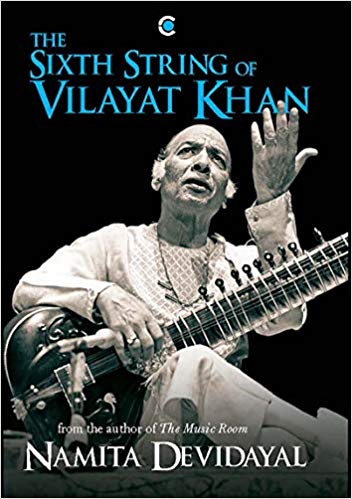Three great sitarists blossoming in the second half of the last century—Ravi Shankar, Vilayat Khan and Nikhil Banerjee—enriched our instrumental music tradition decisively. Their personalities, largely shaped by their background and upbringing, were very different, as was their impact on the public psyche, at national and international levels. But for his untimely death, Nikhil Banerjee would have also had a much wider audience and perhaps been as acclaimed as the other two.
Unfortunately, in much of our public space we tend to reduce such talents into a binary of who is greater: Ravi Shankar or Vilayat Khan? It is a pity that even Vilayat Khan (1928-2004) could not rise above petty jealousies invoked by the fame of his compatriot. Certain instances have been recorded by Namita Devidayal, author and journalist, in her impressive book where Vilayat Khan had acted in a manner that would have perhaps behoved a lesser mortal. The ghost of Ravi Shankar’s global recognition seems to have disturbed him much of his life.
However, one gets a balanced perspective from the noted critic VK Narayana Menon: ‘To have two sitar players in our midst of the calibre of Ustad Vilayat Khan and Pandit Ravi Shankar is a measure of the vitality of the music scene. We need them both to widen our horizons and enrich our experience. Two Ravi Shankars would not have served the same purpose. Nor two Vilayat Khans. We want the individuality, the equipment, the achievement of each in his own respective field.’

